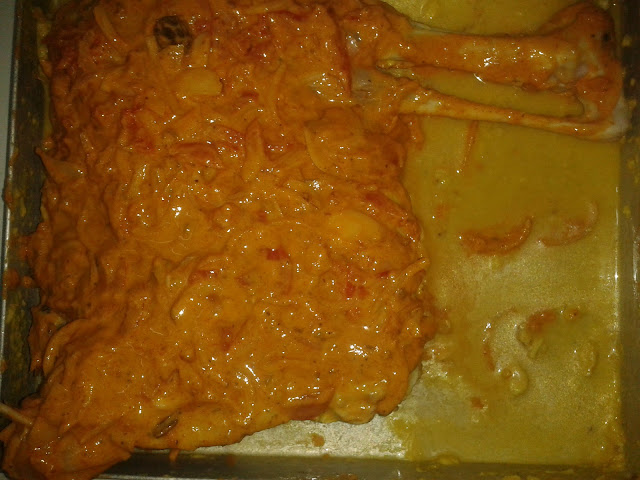Fish
tagine
The Egyptian
tagine (pronounced with a hard ‘g’) is much like the better-known Moroccan
tajine (pronounced with a soft ‘j’). This recipe uses barramundi instead of the
traditional Nile perch, with calamari and prawns drawing on the fruits of
Egypt’s Mediterranean coastline and its famous river.
Ingredients
1 calamari tube cleaned, and sliced
250g prawns, peeled and deveined
½ tbsp olive oil
1 tbsp crushed garlic
Juice of ½ lime (or lemon)
Salt and pepper to taste
1 tsp cumin
½ cup fresh coriander, chopped roughly
1 roasted red capsicum, peeled
3 fresh tomatoes
1 cup chopped celery
1 tsp cumin
1 tbsp tomato paste
Small handful of fresh coriander leaves
Salt and pepper to taste
Preparation
In a large frying pan heat 1 tsp olive oil on a high heat and fry the red onion until soft. Add the blended sauce mixture and bring to a high simmer. Stir in the tomato paste, salt, pepper, coriander leaves and little cumin.







 05:20
05:20
 Chef kunal jariwala
Chef kunal jariwala























